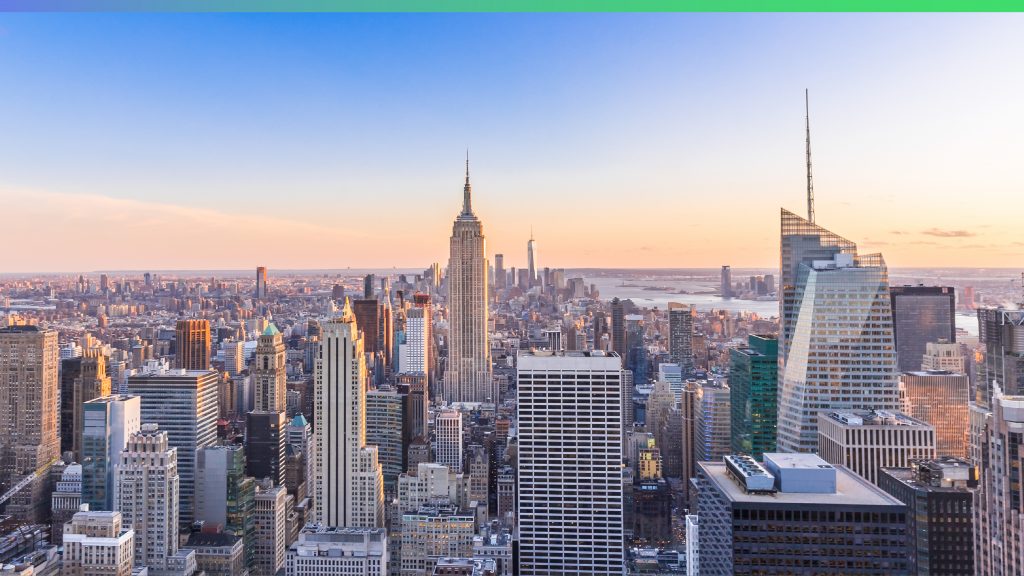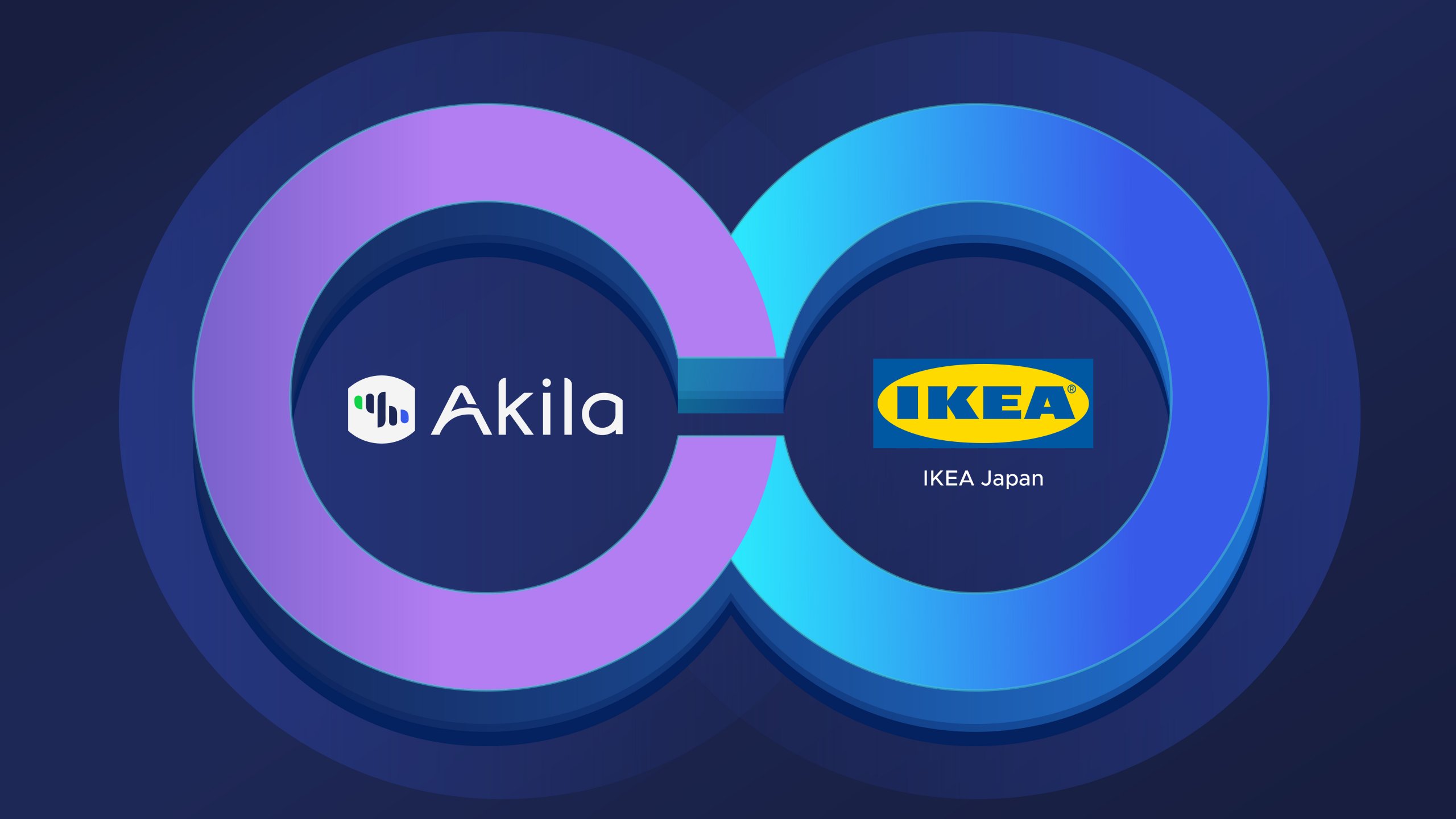
In 2019, New York City passed the Climate Mobilization Act which included Local Law 97 (LL97). LL97, going into effect in 2024, is a game-changing regulation for the real estate industry. This groundbreaking legislation mandates that all large buildings (>25,000 square feet) in the city reduce their carbon emissions—all regulated through monthly disclosures.
Buildings in New York City are responsible for more carbon emissions than the entire transportation sector combined. In total buildings account for about 70% of the city’s greenhouse gas emissions. The law aims to reduce the carbon footprint of the city’s building stock with carbon caps. The caps will become increasingly stringent over time, with the goal of reducing emissions by 40% by 2030 and 80% by 2050.
Starting in 2025, the city will begin enforcing LL97 for all covered buildings. Building owners that do not comply with the emissions caps will face financial penalties of $268 per metric ton exceeding emissions limits. Furthermore, buildings that fail to report will also face fines of $0.50 per square foot per month. Moreover, false statements will land a fine of $500,000.
What LL97 means for building owners
LL97 is a critical piece of legislation that has significant implications for the global real estate industry. Many more cities may begin to adopt similar laws over the coming years. While ESG and carbon trading have had similar effects on listed firms or high-emissions industrial organizations, LL97 is focusing on the built environment as a whole. Many building owners are completely unprepared.
The New York City government estimates around 20-25% of buildings will exceed their emissions limits in 2024. By 2030, this could rise to 75-80% of buildings if no action is taken to reduce emissions. That leaves very little time to prepare. Furthermore, action can only be taken only if building owners have a clear picture of their emissions in the first place.
Taking action to reduce the carbon emissions of a building usually means retrofitting inefficient equipment and systems. Zero-emission HVAC systems can cost up to $60 per square foot or about $6 million for a 1 million square foot building. This could mean that large investments are needed to stay compliant in the long run. The way this will translate to the market has yet to be seen, but for many building owners that could involve financing.
Beyond LL97: US cities and markets roll out regulations
LL97 truly is the first of its kind in the breadth and scope of regulating the built environment. However, there are other similar regulations that have been or will be implemented in cities around the US.
- San Francisco: beginning in December 2023, properties in San Francisco that don’t comply with the new Existing Buildings Ordinance will be fined $100 a day for a maximum of 25 days in a 12-month period.
- Washington, D.C.: Washington has also taken efforts to reduce the district’s energy consumption with the Building Energy Performance Standard (BEPS), requiring privately owned buildings larger than 50,000 square feet to meet new emission and energy consumption standards by the end of 2026 or incur a penalty of $10 per square foot, up to $7.5 million.
- Boston: failure to comply with Boston’s benchmarking ordinance (BERDO) will incur penalties from $150-$300 per day for failure to report and $300-$1,000 per day for failure to comply with emissions standards, based on the size and type of building.
- St. Louis: owners of buildings larger than 50,000 square feet in Saint Louis will need to meet energy performance standards by 2027 or else face fines of up to $500 per day.
SEC targets commercial real estate
Beyond municipal regulations, the SEC has proposed rules that would affect all publicly listed commercial real estate companies. In the US, commercial real estate is largely owned by two different types of organizations: private equity and Real Estate Investment Trusts (REITs) directly. Driven by these institutions, publicly traded firms own $1.6 trillion of US real estate. REITs alone account for about 10% of all commercial real estate. That is to say, the rules under consideration cuold have major effects on the market.
The new rules would mandate these property ownership companies to disclose climate-related impacts and their management strategies for dealing with them. They would also be required to report on all greenhouse gas (GHG) emissions. While there have not been any penalties announced, expanding operations to collect and compile all this data can lead to increased costs and loss of productivity.
Making a game plan
What is happening right now is the start of a trend that will not go away for regulating building emissions. Decades of talk about climate change are turning into action. As more and more markets make the drive towards net zero via government policy, rules for listed firms, or corporate policy, organizations could be staring at a laundry list of regulations that they have never had to comply with before.
The best way organizations can prepare is by having a strategy in place for monitoring and measuring their building’s performance data. Half the battle is understanding how and why a building creates emissions. Akila is a tool to automate this entire process, helping organizations cut down on the operational costs otherwise needed to collect and report data.
Once decision-makers have a full picture of their property portfolio’s carbon footprint and emissions profile, then they can take action. The good news is that there are a variety of sustainability solutions that improve cost and performance as well. For example, leveraging digital twin technology and AI can optimize HVAC systems for both comfort and energy (and emissions), resulting in huge savings and improved occupant experience.
Ultimately, the key is to act as soon as possible. Unpreparedness will cost more in the long run. Decarbonizing your site now extends the site’s asset lifespan, improves its value, and ensures compliance in the future.




